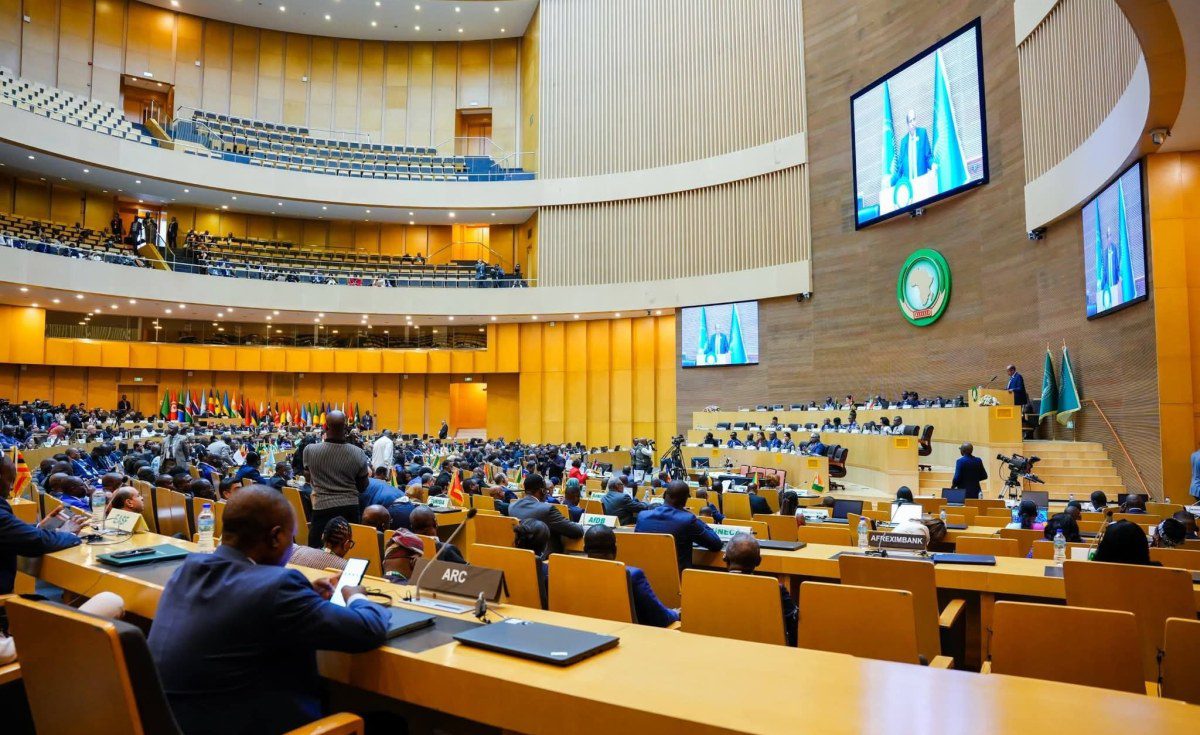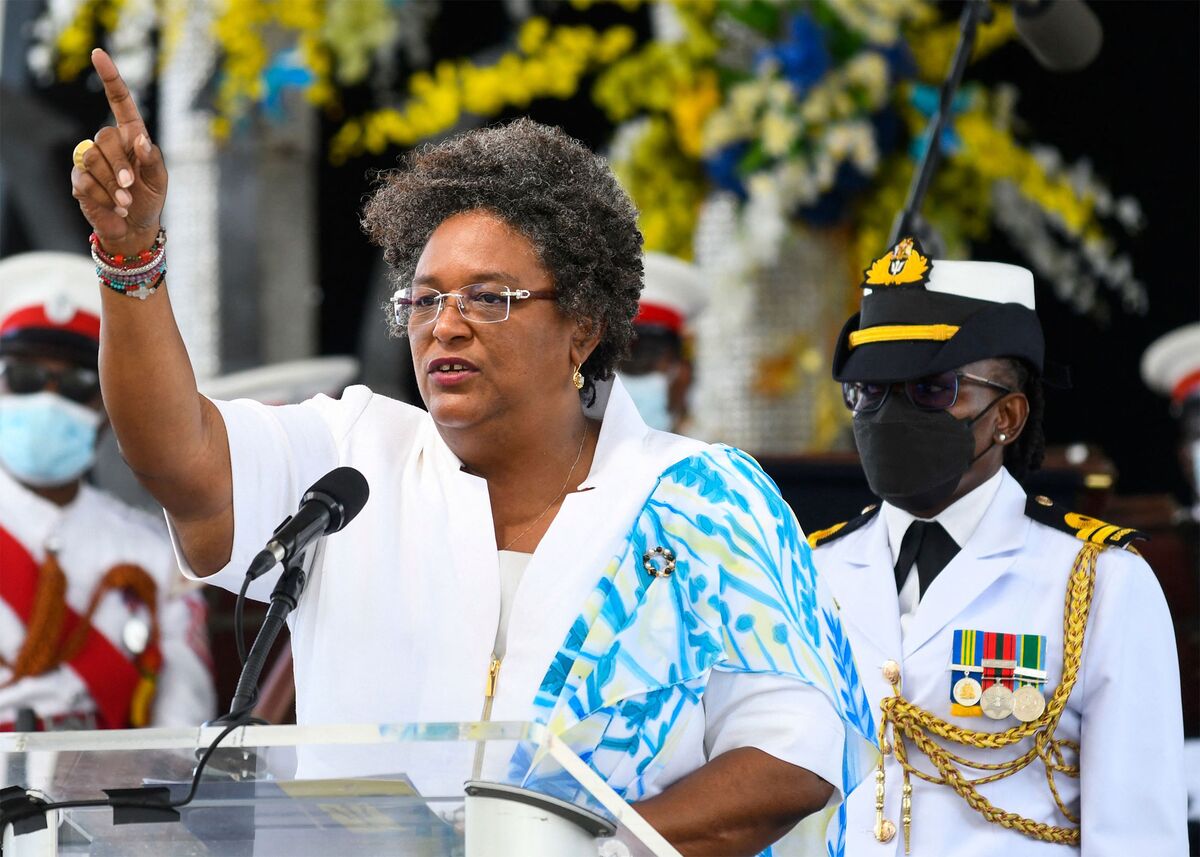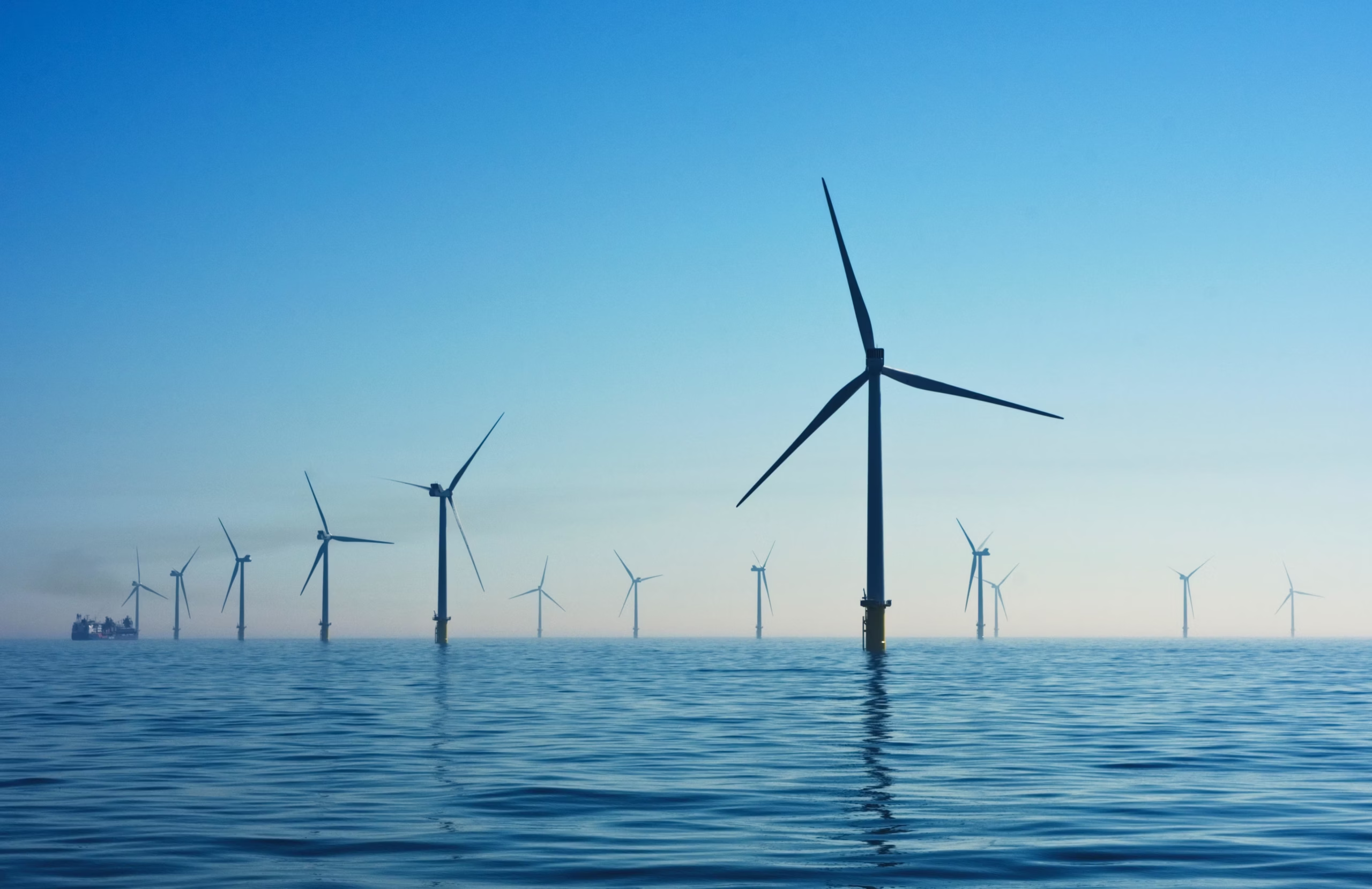Key Impact Points:
- For the first time, global regulatory and economic climate rules for shipping are set to be enforced by the IMO.
- Industry leaders are urging governments to approve technical and financial mechanisms to reach zero emissions by 2050.
- Revenues from new shipping fuel fees will support green infrastructure and equitable transition for developing nations.
Industry Unites Ahead of IMO Climate Talks
In the coming weeks, 176 member states of the International Maritime Organization (IMO) will convene in London to determine how to cut shipping’s greenhouse gas emissions to zero by 2050—a milestone moment for the global sector.
“This moment is, in many ways, historic,” write Stephen Cotton, Guy Platten, and Sturla Henriksen on behalf of the Maritime Just Transition Task Force. “For the first time, we will have global regulatory measures, including an economic element on GHG emissions, for an entire industry.”
Mandating Climate Accountability Across Global Shipping
Under the proposed measures, all ships engaged in international trade would be required to comply—or risk losing their license to operate and being barred from ports.
Shipping already operates under a robust set of international rules for safety, environmental impact, and labor. Adding climate targets, say industry leaders, will strengthen the “level playing field” and create long-term certainty for investors, workers, and nations.
Technical and Financial Tools in the Spotlight
Member states have already agreed to reach zero or near-zero emissions by 2050 with a just and equitable transition. The focus now shifts to implementation.
Two core measures are being developed:
- A technical mechanism to gradually tighten emission limits and jumpstart the production of green fuels.
- A financial mechanism to place a fee on every tonne of marine diesel used—reinvesting proceeds into green fuels, engines, and port infrastructure, especially in developing countries.
“The financial revenues will also be beneficial for countries needing support to develop their maritime industries and to cope with the impacts of climate change,” the letter states.
A Just and Inclusive Global Transition
Decarbonising shipping requires massive industrial transformation—reskilling workers, upgrading infrastructure, and scaling new technologies.
“The seafarers and the industry are ready to do what it takes to decarbonise shipping in a safe and responsible manner,” the authors note. “It must present new opportunities for governments, companies and seafarers worldwide.”
With minimal expected impact on consumer prices and widespread benefits across global trade value chains, the industry now awaits action from governments.
“History will judge whether governments seize this moment to enact the measures needed for the future we want and need.”

 Follow SDG News on LinkedIn
Follow SDG News on LinkedIn











